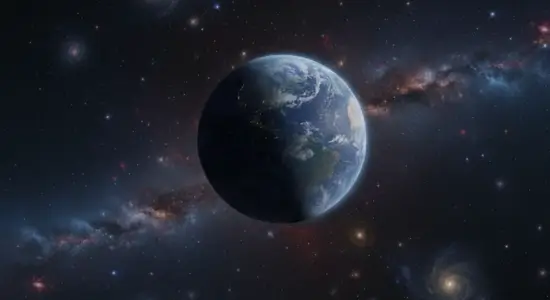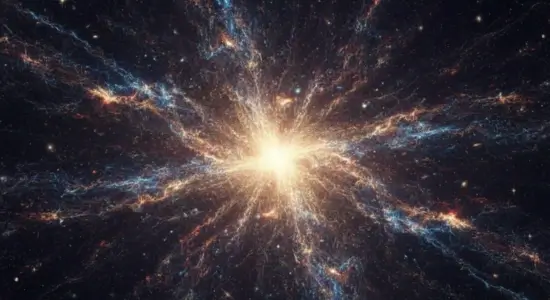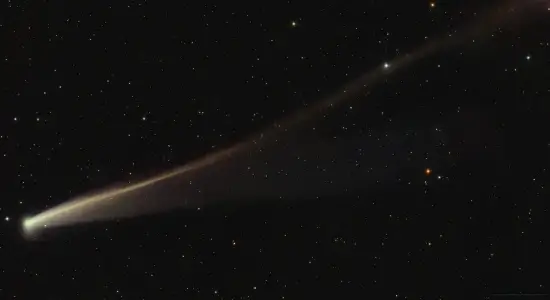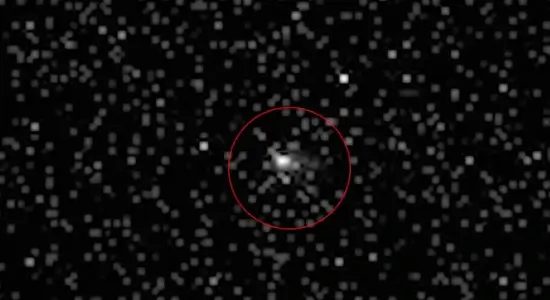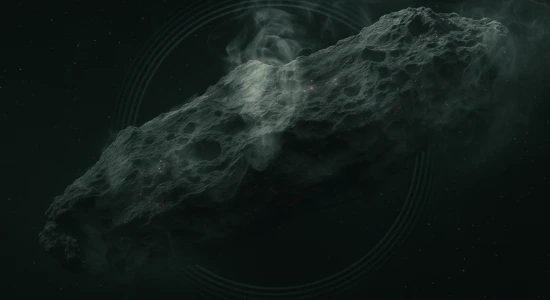A recent study introduces a provocative idea: the universe might be rotating, completing a full turn every 500 billion years. While this rotation is imperceptibly slow, its implications could be profound, offering a potential solution to the long-standing Hubble tension—a discrepancy in measurements of the universe’s expansion rate.
Understanding the Hubble Tension
The Hubble tension refers to the conflict between different measurements of the universe’s expansion rate, known as the Hubble constant. Observations of the cosmic microwave background (CMB) suggest a value of about 67.4 km/s/Mpc, while measurements based on supernovae and other local indicators yield higher values around 73 km/s/Mpc. This inconsistency challenges our understanding of cosmology and suggests that new physics might be at play.
A Rotating Universe as a Possible Solution
The new model posits that the universe’s rotation could influence the expansion rate, potentially reconciling the differing measurements. Although the proposed rotation is extremely slow—completing one revolution every 500 billion years—it could subtly affect the dynamics of cosmic expansion over vast timescales. Importantly, this idea doesn’t violate any known physical laws.
Implications and Next Steps
If the universe does rotate, it could have significant implications for our understanding of cosmology, including the distribution of galaxies and the anisotropies observed in the CMB. Researchers are now working on developing detailed computer models to simulate the effects of such rotation and to identify observable signatures that could confirm or refute this hypothesis.
Conclusion
While the notion of a rotating universe is speculative, it offers an intriguing avenue for resolving the Hubble tension. As scientists continue to refine their models and gather more precise data, we may be on the cusp of a deeper understanding of the universe’s fundamental nature.
If this cosmic twist piqued your interest, we have a trove of other fascinating science facts waiting for you. Bookmark us and explore more mind-bending discoveries in our Fact Fun section.
ref : iflscience , sciencedaily , newsweek


